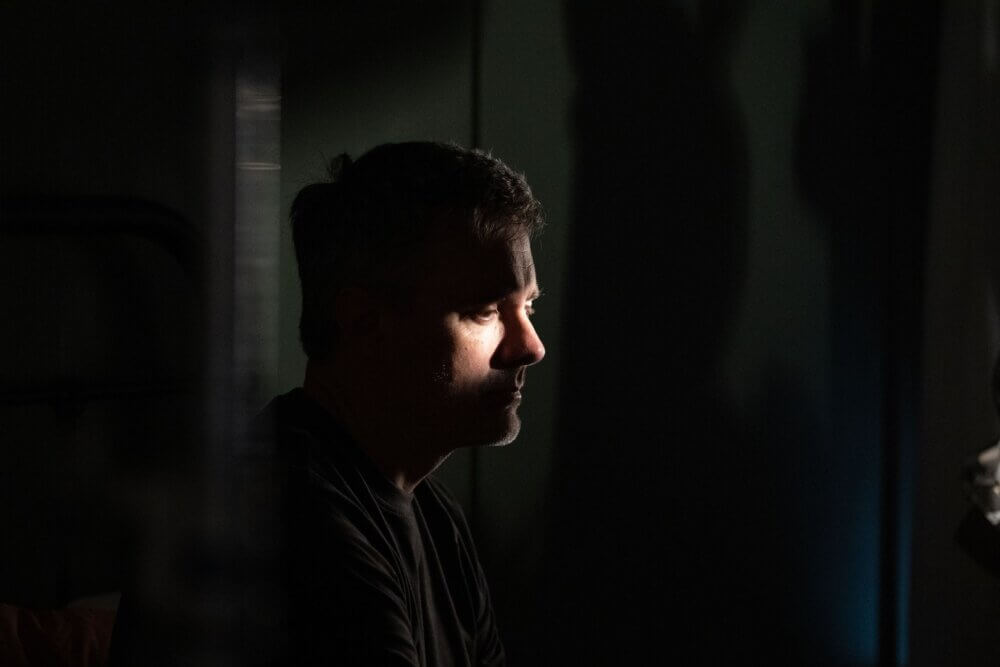Family carer statistics: the UK’s unpaid caregiver crisis

Home Instead’s investigative survey reveals key UK family carer statistics and uncovers the emerging caregiving crisis in the country.
There are an estimated 5 million plus people providing unpaid care in the UK but they are given minimal support from the government or local authorities and so find themselves increasingly struggling, without understanding the other support available to them in the market.
The problem is set to get worse as our ageing population grows – there are now more people aged 65 and over in England and Wales than children aged under 15. The number of people aged over 64 has surged by 20% over the past decade in England and Wales, to 11.1 million people. Nearly one in five people are aged over 65.
Our survey of 2000 family caregivers across the UK unveiled just how much they are struggling to manage their busy lives and care responsibilities, and the impact this is having on them:
- 88% neglect their own health and wellbeing
- 65% struggle with their mental health
- 31% feel they are at breaking point
As well as 88% who feel guilty about neglecting their own health and well-being, the research reveals that:
- 86% say they’re feeling guilty about not doing enough for their parents or their children.
- 71% feel guilt about not being able to put enough into work, 75% about neglecting careers
- 78% feel that way about their marriage/relationship, 85% about other relationships (friendships)
In addition to guilt, there are other issues of concern around mental health and well-being:
- 45% feel isolated or trapped by being a carer
- 49% feel stressed, 57% exhausted
- 38% feel they are juggling too much, 33% feel overwhelmed and helpless
And for many, there is no end in sight – with some 39% saying they expect to be in this situation for more than five years.
A poor understanding of the social care market – what help and choice is available from private providers and the state – is making life much harder than it needs to be for many.
Over half (59%) know little about what is available, suggesting education is needed to help and support them and to alleviate any stigma associated. 40% believe turning to social care is a sign of weakness for themselves and 44% believe it means they’re failing their family.
More than half (53%) know nothing about the wealth of social care options available through private providers and the different ways to pay for them such as Direct Payments.
The research was carried out by Savanta interviewing a sample group of 2,000 people from across the UK.
